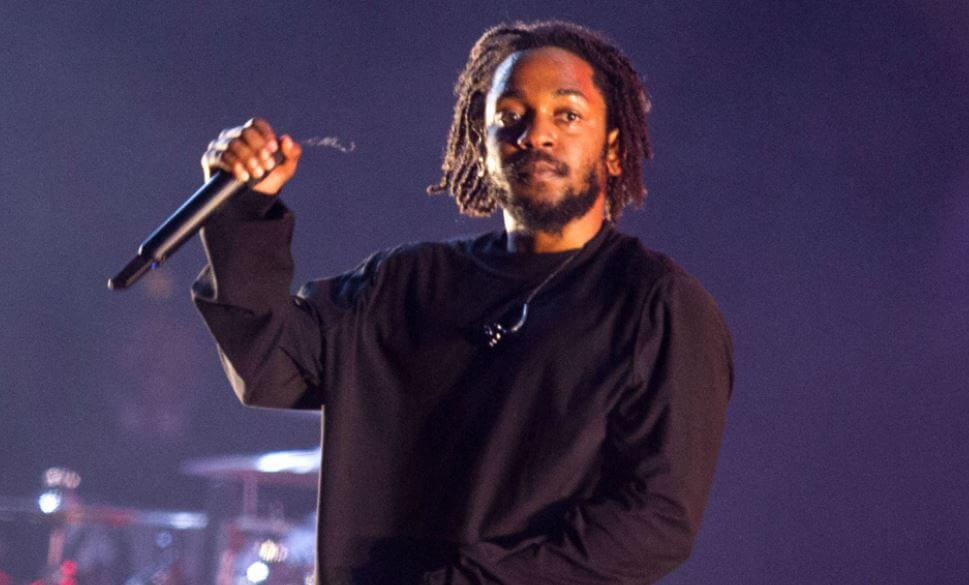 There was a time when mental health simply wasn’t discussed in the media. But nowadays, even rappers and hip-hop artists are expressing their thoughts on various mental health topics. This is amazing, as it becomes easier for those experiencing different mental health disorders to cope with their issues when they hear celebrities and others speaking openly about the topic. Check out five hip-hop songs that address mental health below, and remember, there’s no shame in reaching out for help when you need it.
There was a time when mental health simply wasn’t discussed in the media. But nowadays, even rappers and hip-hop artists are expressing their thoughts on various mental health topics. This is amazing, as it becomes easier for those experiencing different mental health disorders to cope with their issues when they hear celebrities and others speaking openly about the topic. Check out five hip-hop songs that address mental health below, and remember, there’s no shame in reaching out for help when you need it.
So Many Tears — Tupac
Tupac was open about his mental health struggles and expressed his feelings in his music, particularly the song “So Many Tears.” The song contains the lyrics, “I suffered through the years/ And shed so many tears/ Lord, I lost so many peers/ And shed so many tears.” It shows the lasting effects of tragedy and the way loss can affect a person years later. The song also touches on depression and how difficult it can be to trust others when you’re going through mental health struggles.
U — Kendrick Lamar
“U” by Kendrick Lamar tells the story of the rapper locking himself in a hotel room with a bottle of liquor. Lamar battles imposter syndrome and survivor’s guilt in this song, and raps about the fact that money has no effect on mental health issues. A close examination of the song reveals that the “you” Lamar is rapping about is actually himself; the song displays his depression and self-hatred. This song follows the pattern of rappers showing that mental health problems don’t discriminate; they can affect the rich and successful just as much as anyone else.
Deep Reverence — Big Sean and Nipsey Hussle
Another song that’s meant to inspire others to work on their mental health, “Deep Reverence” focuses on anxiety, forgiveness, and more. Big Sean called it one of the most honest and uncomfortable songs he’d ever put out, and it had a big effect on his fans. But not only did the song cover his personal struggles, it also talked about his wins and the ways he managed to cope with the challenging times in life.
Narcissist Theme Song — Craig G
In this song, Craig G discusses Narcissistic Personality Disorder, complete with symptoms of narcissism flashing across the screen of his music video. “Grandiose,” “vulnerable,” “problems with empathy,” and “a sense of entitlement” are just a few of the details he expounds upon in the song. While it’s common for people to casually call someone a narcissist when they’re acting selfish and only thinking of themselves, Narcissistic Personality Disorder (NPD) is a legitimate mental health disorder that can be helped with therapy. If you think you might have NPD, you may be interested in this free narcissism test. Craig G spreads awareness of this mental health disorder in his song, which is helpful since society doesn’t seem to have much of an understanding of the realities of narcissism.
Lucid Dreams — Juice Wrld
“Lucid Dreams,” called a “therapy session” by Juice Wrld himself, is known as the artist’s most iconic record. The song describes the mental torture that a person can go through during a breakup, and the mental health issues that can develop as a result. When talking about the song, Juice Wrld said, “The message I want people to know is, just be aware of your feelings.” Although Juice Wrld sadly passed away in 2019, “Lucid Dreams” and his other songs are here to stay, and they’re sure to have a lasting impact especially concerning their relationship to mental health topics.
The Bottom Line
These songs show that mental health issues can affect absolutely anyone, and there’s no reason to shy away from getting the help you deserve. If you’re living with a mental health disorder, consider making an appointment with a therapist or even taking a look at online counseling platforms, where affordable and accessible help is readily available.
Rishma
Latest posts by Rishma (see all)
- INTERVIEW | TRELL SAVONE: FROM BUNKIE TO THE WORLD WITH “SHINE” — June 30, 2025
- NEW MUSIC | MCSOLOMON AND DERAJAH ‘KINGSTON TO LONDON’ — June 30, 2025
- REDMAN RETURNS TO THE UK THIS SUMMER FOR HIS LONG AWAITED TOUR — June 26, 2025
